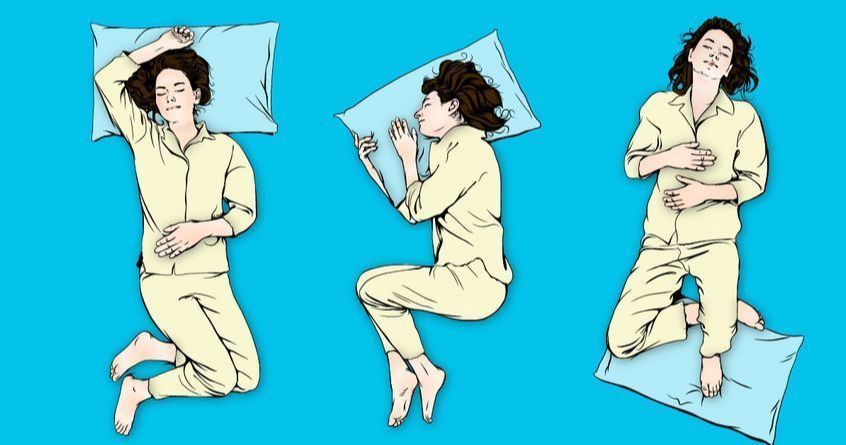A survey in Britain revealed that the average person wakes up "on the wrong side of the bed" at least twice a week.
That old expression doesn't sound so cute, once you do the math and realize that we live through around 6,000 unhappy mornings in our lifetime.
And we all know that waking up in a foul mood can spoil a whole day. So how can we avoid it?
Sleep experts say it is possible to guarantee you wake up feeling good every day, and here's how:
1. Fight "Sleep Inertia"

There's actually a name for that groggy, uncomfortable feeling we all experience right after waking up, and it's sleep inertia.
During sleep, your body switches between periods of wakefulness and deep sleep. Waking up disrupts that cycle, and it takes a few minutes for your body to adjust.
But while the inertia usually lasts less than 20 minutes, it can sometimes linger for hours.
To beat inertia fast, sleep experts recommend four things: caffeine, light, noise, and warmth.

All of these will help your body adjust to wakefulness more quickly, driving away that uncomfortable, sleepy feeling.
So start your day with a warm drink and some relaxing music if you can. If light is in short supply when you wake up, one of these sunlight alarm clocks can help.
2. Don't Rush Into Your Morning

In the survey above, 10% of people blamed "work issues" for making them anxious and upset first thing in the morning.
The truth is you need a barrier between the time right after you wake up and the moment when you start preparing for the day ahead, because otherwise the stress of "waking up at work" will make you grumpy.
Even if it means waking up earlier, set aside time in the morning for something you like: watching TV, reading, or listening to music.
If you must plan ahead, think of all the enjoyable things you'll do today, what you'll have for lunch and dinner, or just about anything else besides work. Leave that for the office!
3. Never Skip Breakfast

We already shared that it takes time for your body to "thaw" from sleep, and that sleep inertia can linger into your day if you don't fight back.
But one of the worst things you can do in the morning to sabotage your whole day is skip breakfast.
Eating regular meals helps to keep your blood sugar levels regulated. And guess what happens when those levels fall? You feel sluggish and irritated (even more sluggish and irritated than you already felt).
And yes, research has actually shown that breakfast is the most important meal of the day, at least when it comes to your mood and mental performance throughout the day.
4. Improve Your Sleeping Environment

Even if you're getting eight hours of sleep - or more - every night, it's still possible to wake up feeling tired.
A study published in the journal Sleep showed that a long sleep with multiple nightly interruptions was just as bad as getting only a few hours of sleep.
An easy way to improve the quality of your sleep is to remove any lights in your bedroom - that includes TVs, phones, and even alarm clock screens.
You should also take care to use comfortable pillows and an ergonomic sleep position. Waking up sore from a bad night's rest is sure to make you grumpy as well.
Finally, drinking, smoking, and eating before bed will all encourage restless sleep, so avoid all three for a few hours before going to bed.
5. Check If You Have A Sleep Condition

We all have a bad day every now and then.
But if you consistently feel groggy, tired, and upset during the day, a medical condition interrupting your sleep could be to blame.
These are all symptoms of sleep apnea, along with waking up suddenly in the middle of the night, waking up with a dry mouth, and noticeable personality changes.
If you think you have sleep apnea, or a similar sleep condition, you'll need to visit a special sleep doctor for a diagnosis and treatment.
If aches and pains are keeping you up at night, you should also consider visiting your doctor.
Sleep makes up a third of our lives, so if a medical problem is interrupting your nightly rest, you can bet it's also making you feel upset and angry during the day.
How often do you wake up on the wrong side of the bed?
Just so you know, Shared may collect a share of sales or other compensation from some of the links on this page. However, we only choose products we would or have purchased ourselves.

